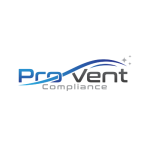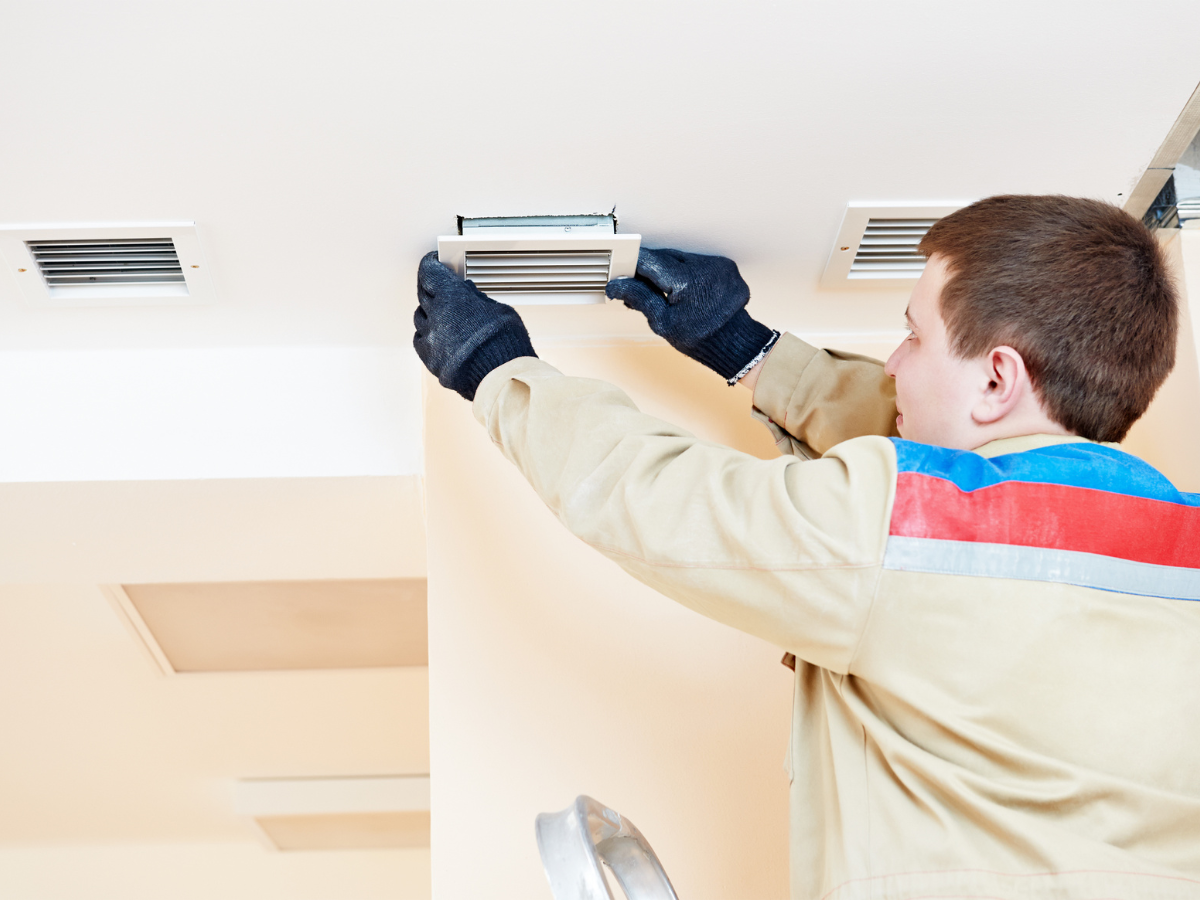In workplaces and commercial properties, ventilation systems play a vital role in ensuring fresh, clean air for staff, visitors, and customers. However, when these systems are neglected, they can quickly become a source of health hazards and compliance breaches. Dust, allergens, bacteria, and other airborne contaminants can accumulate in ducts and air handling units, compromising air quality and increasing operational risks. Regular General Ventilation Cleaning is not just about keeping air fresh—it’s essential for meeting regulatory requirements and protecting occupant wellbeing. At Pro Vent Compliance, we provide professional cleaning services that help businesses across Edinburgh, Glasgow, and the Central Belt maintain safe, healthy, and compliant indoor environments.
The Link between Ventilation and Workplace Regulations
UK health and safety laws require employers to provide a safe and healthy working environment. The Health and Safety at Work Act 1974 and the Workplace (Health, Safety and Welfare) Regulations 1992 set clear expectations for air quality and ventilation standards. Neglecting ventilation cleaning can result in a breach of these regulations, leading to enforcement action, fines, and reputational damage. In certain sectors, such as healthcare, pharmaceuticals, and food processing, the requirements are even more stringent.
How Neglected Ventilation Systems Impact Air Quality
When ventilation systems are not cleaned regularly, dust, pollen, mould spores, and bacteria can build up inside ductwork and filters. These contaminants are then circulated throughout the building, lowering air quality and potentially triggering health issues among occupants. Poor air circulation also allows humidity and condensation to accumulate, creating ideal conditions for mould growth.
The Health Risks of Poor Air Quality
Dirty ventilation systems can directly impact the health of building occupants. Common effects include headaches, respiratory problems, allergic reactions, and fatigue. For individuals with asthma or other respiratory conditions, exposure to poor-quality air can exacerbate symptoms. Over time, prolonged exposure to airborne pollutants can contribute to chronic health issues, increasing absenteeism and reducing productivity.
The Risk of Failing Compliance Inspections
Environmental health officers, workplace inspectors, and insurers may request evidence of ventilation maintenance during routine audits. Without proper cleaning records, businesses risk failing these inspections. A failed inspection can lead to legal enforcement notices, operational downtime, and damage to a company’s reputation. Maintaining a regular cleaning schedule provides documented proof of compliance, safeguarding the business from these risks.
Operational and Financial Implications of Neglect
Beyond legal and health concerns, neglecting ventilation cleaning can have serious operational consequences. Blocked or dirty systems have to work harder to move air, which increases energy consumption and shortens the lifespan of equipment. This not only raises utility bills but also leads to more frequent breakdowns, costly repairs, and unplanned downtime.
Impact on Sensitive and High-Risk Environments
In environments like hospitals, laboratories, and cleanrooms, maintaining air purity is critical. Contaminated ventilation systems can spread bacteria and viruses throughout a facility, putting vulnerable individuals at risk and compromising infection control measures. For food production facilities, dirty ventilation can lead to contamination issues, product recalls, and regulatory fines.
Why Regular Cleaning is the Best Prevention
Routine ventilation cleaning is the most effective way to prevent health risks and compliance failures. Removing accumulated dust and contaminants restores proper airflow, improves energy efficiency, and maintains air quality. Incorporating ventilation cleaning into a planned preventive maintenance schedule also reduces the risk of mechanical failures and extends the life of system components.
The Role of Professional Cleaning Services
Ventilation cleaning is not a task that can be effectively handled with basic janitorial tools. It requires trained technicians, specialist equipment, and adherence to industry standards, such as those set by the Building Engineering Services Association (BESA). Professional services ensure that every component of the system, from ducts and filters to fans and coils, is thoroughly cleaned, disinfected, and documented.
Documented Proof for Compliance and Insurance
One of the key benefits of professional ventilation cleaning is the detailed documentation provided after the service. This includes before-and-after photographs, system condition reports, and a record of work completed. Such documentation is essential for proving compliance to regulatory bodies, satisfying insurance requirements, and demonstrating a proactive approach to workplace safety.
Creating a Culture of Safety and Compliance
By prioritising ventilation cleaning, businesses send a clear message to staff, customers, and inspectors that health and safety are taken seriously. A clean, well-maintained ventilation system not only supports compliance but also creates a healthier, more pleasant environment—helping to boost morale, customer satisfaction, and overall operational efficiency.
Conclusion
Neglecting ventilation maintenance can have far-reaching consequences, from compliance failures to serious health risks. Regular General Ventilation Cleaning is an essential part of responsible building management, protecting occupants, reducing costs, and ensuring regulatory compliance. At Pro Vent Compliance, we provide expert cleaning services across Edinburgh, Glasgow, and the Central Belt, helping businesses safeguard their air quality and avoid the pitfalls of neglect. Schedule your service today to protect your people, your property, and your reputation.






Comments